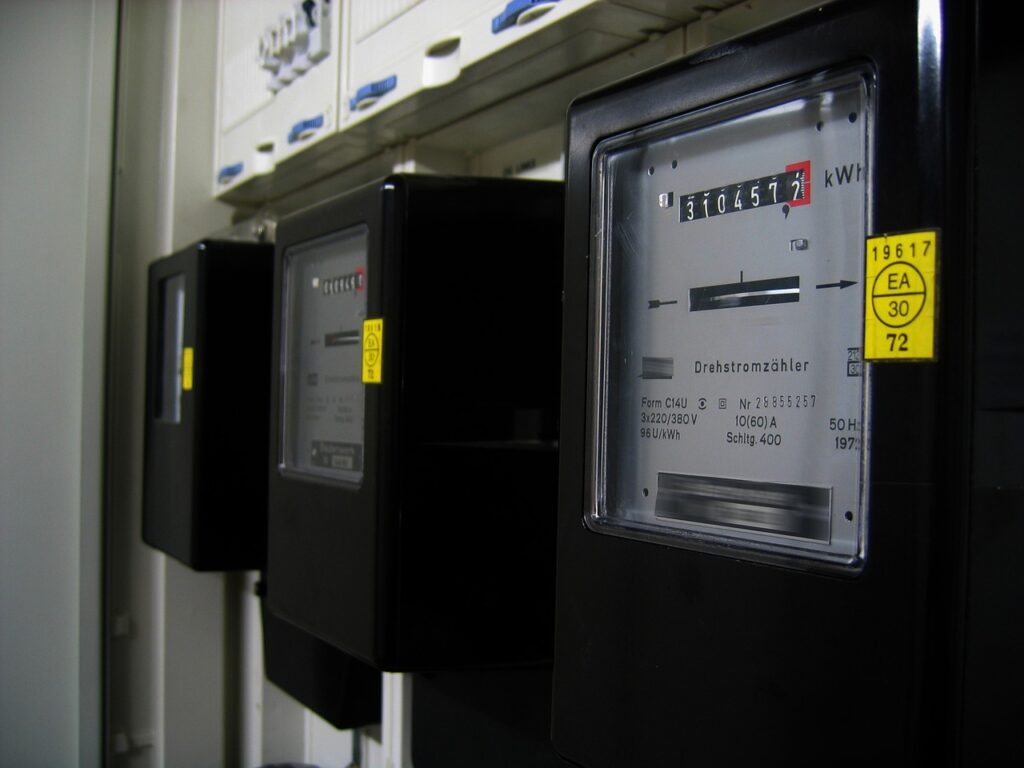According to energy experts, electricity prices could rise sharply in the near future, possibly to 60 to 80 cents per kilowatt hour. The reason for this is the increasing electricity gap, which will become bigger and bigger in the next few years. Although electricity prices have fallen significantly recently, they rose at times to 55 cents and higher last December. Energy experts estimate that a further decline in electricity prices is very unlikely (Agrarheute: 10.06.23).
Experts warn of electricity shortfall: Electricity prices could rise to 60-80 cents per kWh by 2030
The German government’s energy transition is expected to lead to a significant increase in electricity demand. This is primarily because demand for heat pumps and electric cars will increase sharply. It will probably grow faster than supply. According to Jürgen Karl of the Friedrich-Alexander University of Nuremberg-Erlangen, this rapidly growing demand for electricity will become the bottleneck of the energy transition. If the expansion of renewable energies does not take place quickly enough, an electricity gap will result, Karl warns.

For this reason, the energy expert believes that gas-fired power plants will have to generate electricity more frequently in the future. Major electricity suppliers have already announced that they will build new gas-fired power plants to ensure security of supply. If gas prices rise, this will in turn affect electricity prices. Karl therefore considers it realistic that the price of electricity could be between 60 and 80 cents per kilowatt hour by 2030.
Expert warns of uncertain power supply by 2030
The reason for the growing electricity gap is that the expansion of renewable energies is not sufficient. Detlef Stolten, head of the Institute for Energy and Climate Research at the Jülich Research Centre, has calculated that the electricity gap could reach a capacity of 104 gigawatts by 2030. If the expansion in the coming years continues as in the last two years, about a third of this capacity will be missing.
The electricity gap in Germany is widening, leading to an uncertain power supply. A study by the management and strategy consultancy McKinsey comes to similar conclusions. For a long time, Germany was a leader in terms of a secure power supply. In 2020, German consumers had to fear only about 15 minutes of power outage on average, while France had 21 minutes, Austria 38 minutes and Bulgaria even 370 minutes.
Alarming decline in electricity supply: Industry and households at risk
Thomas Vahlenkamp, Senior Partner at McKinsey, emphasises that not only private households but also industry benefit from a fundamentally high level of supply security. However, the secured capacity is decreasing. In 2010, there were still 105 GW available, but by the end of 2022 there were only 90 GW. If the plans to phase out coal and nuclear power are maintained, there could be only 80 GW left by 2025. By the end of the decade even only 70 GW.
Adding renewable energy (RE) capacity, which is statistically available when needed, the available capacity during peak load periods is 99 GW (2022), 92 GW (2025) and 90 GW (2030) – assuming the German government’s expansion targets for renewables are met.
Renewable energies are not enough
Vahlenkamp says: “The top position is a thing of the past – the combination of decreasing secured capacity and increasing peak load due to electrification can lead to supply gaps. Even with a nationwide switch to renewables, further measures are needed to stabilise the system.”
If supply-side measures are not enough, demand-side management can also help close supply gaps, such as switching off electric cars and heat pumps.
